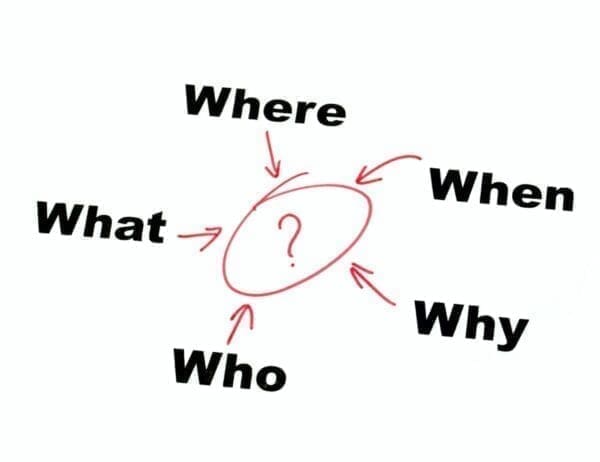What to Ask When Negotiating With a Supermarket Buyer
Negotiating with a UK supermarket buyer requires the National Account Manager to be the very best version of their ‘negotiating selves’ for two reasons; 1. Because if they are not, a lot of money can be lost for the supplier, and 2. The supermarket buyers are very well-trained in the art of negotiation.
On our negotiation skills training course, using our unique ‘Sticky Learning ®‘ method, we always advocate win: win because any other alternative is not conducive to a long-term mutually beneficial relationship. Here are ‘5 Questions to Ask When Negotiating with a UK Supermarket Buyer’ that will help you to achieve win: win outcomes:
1. “Under what circumstances would you accept…?”
This question helps to understand the boundaries of what is possible. By asking this question you may get back from the supermarket buyer, ‘Well, if you gave us £50,000, we’d do it’. At least you understand that money is the motivator to solve this particular issue and you also have an idea of how much.
2. Questions starting with either; Who, When, How, What, Which, and Why
You’ll know these as ‘Open Questions’ (Any question that cannot be answered yes or no). In our experience of learners on our negotiation skills training course, everyone has heard of open questions, yet very few actually use them. An open question will get to the 80% of the 80:20 rule. A closed question will get to the 20%.

Sticky Learning ® is 7 times more effective than 1-day training courses. Plus, you will get a Chain of Evidence proving your Return on Investment. Discover soft skills training that changes behaviours long term.

3. ‘Of the things that you have asked for – Which ones are most important to you?’
Like any good negotiator, a UK supermarket buyer will have a list of shopping items that they want. By asking this question you can begin to understand which items are more important than the others. You can then address those first.
4. The clarifying question, ‘Does that include?’
Closed questions have their place. Normally in the ‘Closing’ stage of the negotiation. A clarifying question seeks to find out if you have understood the agreement correctly by checking the details. For example, ‘For the listing of that range of SKU’s, does that include local stores?’.
5. ‘How does our agreement change, if x is not implemented in-store?’
This is a conditional question that explores the ‘what if?’. If x, y or z, do not happen, as we have agreed, then you are wanting to understand how the agreement is adjusted accordingly. For example, if launching a new range of SKUs is important to you for this financial year, and the range is delayed due to the retailer, what condition can you put in place to safeguard against this?
To find out more about how we can support your team to be the best negotiating version of themselves please contact us.
What’s your favourite negotiating question? Please share your view by commenting below.
Check out our 1-minute YouTube video on negotiation!
Action: For even more useful content on negotiations, check out our ultimate guide on negotiation skills.




